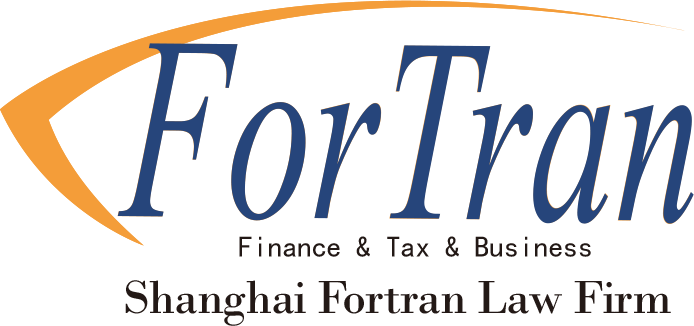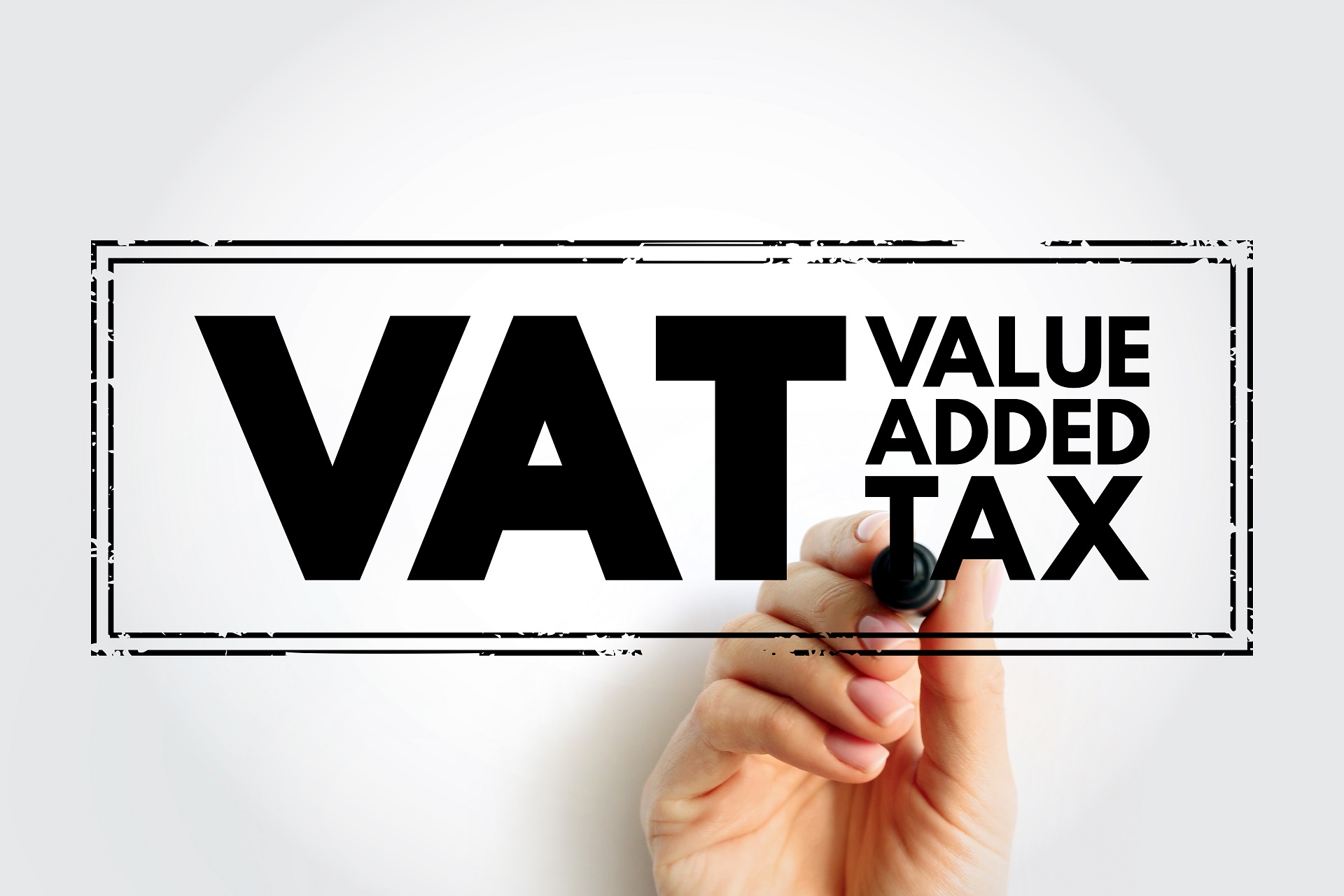This article provides a professional analysis of key changes introduced in China’s VAT Law, including the shift from deemed sales to deemed taxable transactions, adjustments to pricing assessments, and handling of transactions involving multiple tax rates. It offers insights for tax professionals and advisory firms on how to navigate the new rules.
Preview
This article provides a professional analysis of key changes introduced in China’s VAT Law, including the shift from deemed sales to deemed taxable transactions, adjustments to pricing assessments, and handling of transactions involving multiple tax rates. It offers insights for tax professionals and advisory firms on how to navigate the new rules.
Authored by: Susan Yang
Compared with the Interim Regulations on Value-Added Tax (VAT) and its implementing rules, as well as Circular [2016] No. 36 issued by the Ministry of Finance and the State Taxation Administration, the Value-Added Tax Law of the People’s Republic of China (hereinafter referred to as “VAT Law”) introduces several changes regarding taxable elements. For third-party institutions providing tax-related services to taxpayers, the following three aspects of the VAT Law warrant particular attention.
1. Deemed Taxable Transactions
Both the Implementing Rules of the Interim Regulations on VAT and Circular [2016] No. 36 stipulated scenarios of "deemed sales." However, the VAT Law does not retain the term "deemed sales" but instead adopts the expression "deemed taxable transactions." The Implementing Rules of the Interim Regulations on VAT (2011 revised) listed eight types of "deemed sales of goods" while the VAT Law lists only three categories of "deemed taxable transactions":
(1) Enterprises and individual industrial and commercial households using self-produced or commissioned-processed goods for collective welfare or personal consumption;
(2) Enterprises and individual industrial and commercial households transferring goods free of charge;
(3) Enterprises and individuals transferring intangible assets, immovable property, or financial products free of charge.
However, taxpayers should not assume that the "deemed sales" provisions have been entirely abolished:
(1) The scenario of "distributing self-produced, commissioned-processed, or purchased goods to shareholders or investors" is now categorized under non-monetary economic benefits obtained by taxpayers from taxable transactions in VAT Law.
(2) The scenario of "providing self-produced, commissioned-processed, or purchased goods as free gifts to other enterprises or individuals" falls under the VAT Law’s definition of "free transfer of goods."
(3) "Consignment sales" inherently constitute "sales." Both "buyout consignment sales" and commission-based consignment sales (where only an agency fee is charged) can be governed by the corresponding VAT rules without the need for "deemed" treatment.
(4) The provision regarding "taxpayers with two or more establishments under unified accounting who transfer goods between establishments for resale, except where the establishments are located in the same county (or city)" must be examined in conjunction with the VAT filing location rules and subsequent implementing regulations. The VAT Law stipulates that "a taxpayer with a fixed production or business location shall file tax returns with the tax authority at the location of its establishment or residence. If the head office and branches are located in different counties (or cities), they shall file tax returns separately with their respective local tax authorities; subject to approval by provincial or higher-level finance and tax authorities, the head office may file a consolidated return at its location." Clarification is still needed regarding how to handle output and input VAT when goods are transferred between head offices and branches located in different counties (or cities).
2. Treatment of "Significantly High Sales Amounts Without Justifiable Reasons"
The VAT Law includes "significantly high sales amounts without justifiable reasons" as a condition under which tax authorities may assess the taxable sales amount.
Previously, the Interim Regulations on VAT and its implementing rules only addressed cases where sales amounts were "significantly low," without provisions on excessively high sales prices. Circular [2016] No. 36, however, granted tax authorities the power to determine sales amounts when taxable transactions were conducted at abnormally high prices without legitimate commercial purposes.
Notably, the Tax Collection and Administration Law does not currently include provisions on "significantly high sales amounts without justifiable reasons." This raises the question of whether amendments to the Tax Collection and Administration Law will be necessary to align with the VAT Law.
3. Tax Rate and Levy Rate Determination for Transactions Involving Multiple Rates
Article 13 of the VAT Law, which addresses cases where "a taxable transaction involves two or more tax rates or levy rates," can deemed as corresponding to the "mixed sales" concept in the Implementing Rules of the Interim Regulations on VAT and Circular [2016] No. 36. These earlier regulations defined mixed sales respectively as below:
"A single sales transaction involving both goods and non-VAT taxable labor services shall be considered a mixed sale."
"A single sales transaction involving both goods and services shall be considered a mixed sale."
Under the VAT Law, the tax rate or levy rate applicable to such transactions shall be determined based on the primary business involved in the taxable transaction.
Circular [2016] No. 36 prescribed specific rules for mixed sales:
Mixed sales conducted by enterprises or individual industrial and commercial households engaged in the production, wholesale, or retail of goods shall be subject to VAT as the sale of goods.
Mixed sales conducted by other entities or individual industrial and commercial households shall be subject to VAT as the sale of services.



